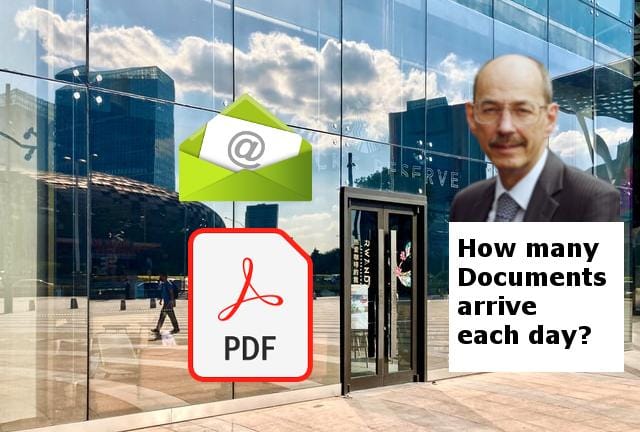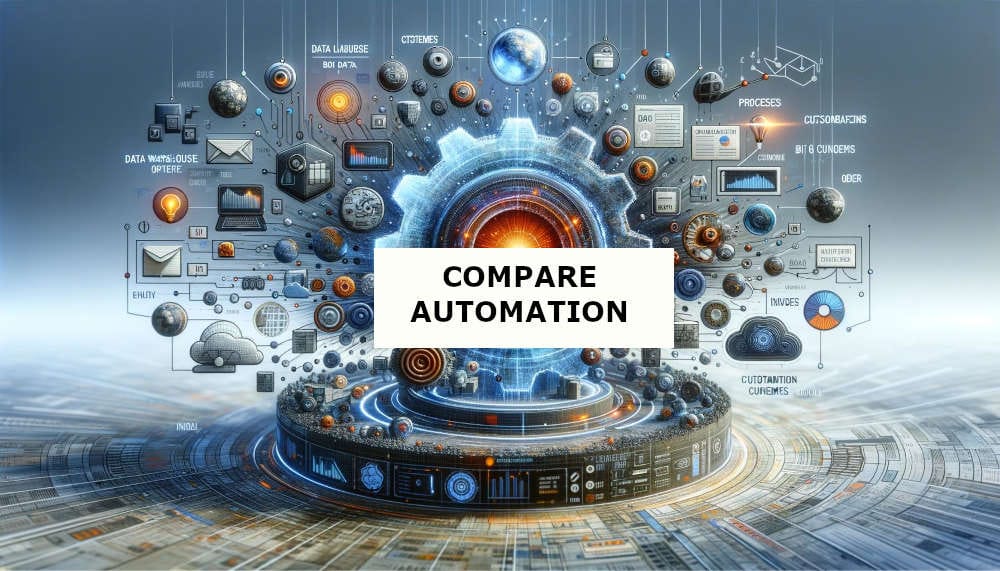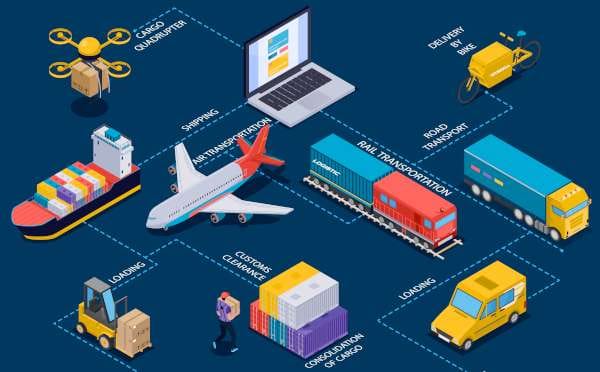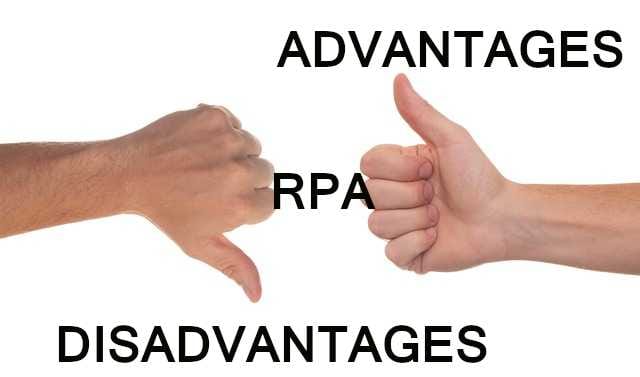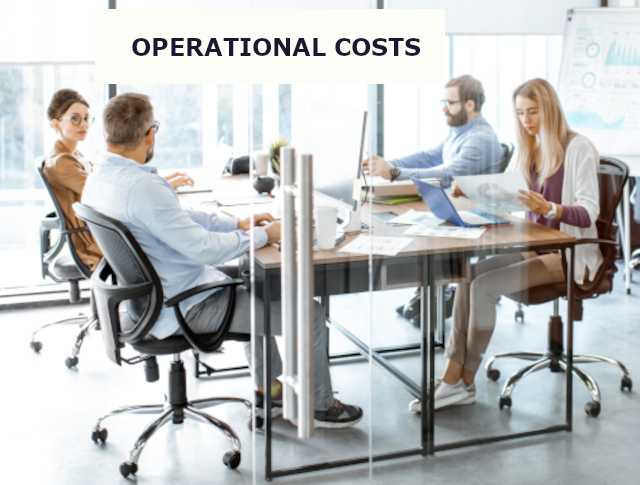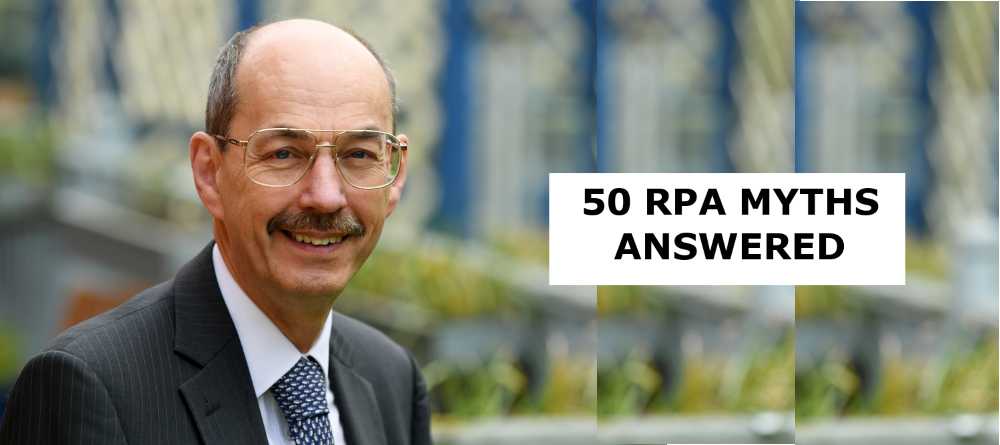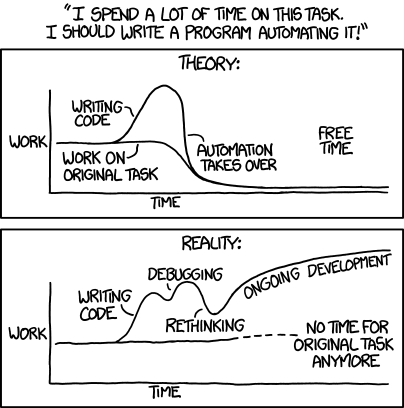RPA Jargon
RPA – Robotic Process Automation, can be associated with a lot of jargon. An explanation of the common terms is below.
| Term | Description |
| Artificial Intelligence | Artificial Intelligence is referred as the ability of a system to use its cognitive intelligence to learn how to interpret unstructured content, use relationships and patterns to build a fuzzy structure around it, and then leverage this structure to respond in a similar form as the input itself. |
| APA | Agentic Process Automation, sometimes called Agentic Automation. The use of Artificial Intelligence to act as an autonomous agent that can take a request, plan its method to resolve the request, execute the elements of the plan through the use of the available resources and deliver the required outcome the the format requested. The execution may or may not make use of other AI or RPA resources. |
| BPM | Business Process Management tools are process optimisation solutions with process design, execution (through workflows and orchestration of different technology systems), and monitoring capabilities through the use of analytics. |
| BPA | Business Process Automation is deployment of software to effect an automation for a complete business level activity. The process may get divided into many tasks, each of which is automated either by directly interfacing with existing systems through API interactions or otherwise. |
| BPO | Business Process Outsourcing refers to the purchase of one or more processes or functions from a company that is in the business of providing such services as a third party provider. |
| Chatbot | Software which uses NLP to interact in a conversational dialogue with a human |
| COE | Centre of Excellence, a group that builds and retains the RPA skills in the organisation which acts as a service provider to the different business groups as they each undertake their specific automations. |
| Cognitive automation | Cognitive automation refers to the ability of a system to learn how to interpret unstructured content, such as natural language, and use analytical capability to derive and presence inferences in a pre-defined /pre-structured fashion. |
| Document Understanding | Through the use of OCR and Artificial Intelligence, documents of various structures and layouts can be processed. This is called Document Understanding. |
| Hyperautomation | Hyperautomation is a combination of Automations with varying degrees of technical sophistication that is applied at scale to radically alter business processing. |
| IA | Intelligent Automation is normally a combination of Artificial Intelligence with Robotic Process Automation. |
| IDP | Intelligent Document Processing refers to the ability to understand the content elements of a document when the actual format is not pre-defined. |
| IPA | Intelligent Process Automation is normally a combination of Artificial Intelligence with Robotic Process Automation.(Same as IA acronym). An example could be a Chatbot style interface with RPA bots performing the required actions |
| Low-code | Low Code sometimes called No Code, is where the definition of the automation is achieved without using coding techniques such as loops, if statements, etc. |
| ML | Machine Learning refers to the software’s ability to learn from its processing in order to incrementally improve the quality of the result |
| NLP | Natural Language Processing is a cognitive intelligence based methodology to interpret human languages |
| OCR | Optical Character Recognition – the ability to identify characters from an image |
| Offshoring | The transfer of activities that form part of a business process to be manually performed by labor in a different country |
| Orchestration | The mechanism to mange the coordination and tracking of various tasks as they execute and interact with other tasks. |
| POC | Proof of concept is a set of activities to verify a technical solution as the potential to deliver the expected functionality |
| RDA | Robotic Desktop Automation |
| RPA | Robotic Process Automation |
| ROC | Robotic Operations Centre – the team responsible for the on-going monitoring of the software robots and the control over the release of new tasks for the robots as well as their software upgrades. |
| Smart RPA | The combination of RPA with other “Intelligent” capability to broaden processing capability beyond well defined inputs and well defined decision criteria |
| Workflow | The progress of a request through various tasks as part of a process and the view of multiple instances of work flowing through a single activity. |
Please contact us with any other RPA jargon that you think should be added to this table.


